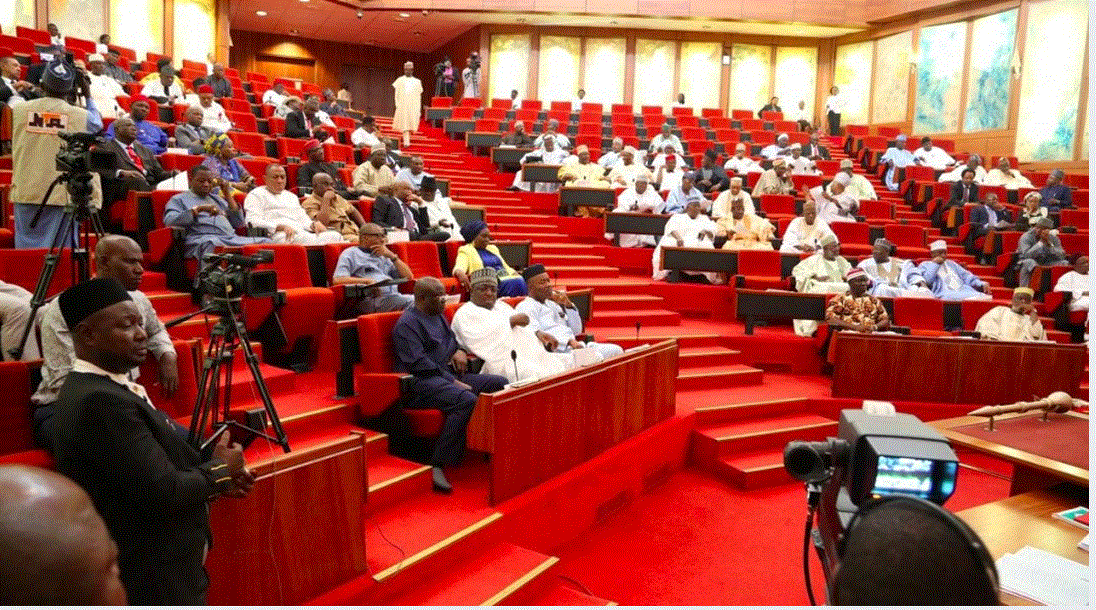The Senate has issued a directive urging the Judiciary in the 36 states of Nigeria to establish mobile courts for the enforcement of the Universal Basic Education (UBE) Act. This move comes in response to the pressing issue of out-of-school children across the country, which the Senate aims to address through proactive measures.
In a bid to tackle the growing menace of out-of-school children, the Upper Chamber has tasked its Committee on Education (Basic and Secondary) with engaging the Federal Ministry of Education. The goal is to collaborate on devising strategies to reduce the number of children who are not receiving formal education.
The Senate emphasized the importance of creating awareness about the significance of education for national development. It called upon the Ministry of Education, related parastatals, agencies such as the UBE, and non-governmental organizations (NGOs) to work collectively in sensitizing the public about the benefits of education and the necessity of reducing the number of out-of-school children.
Furthermore, the Senate urged stakeholders to adhere to the stipulated time frame of two years for the diligent implementation of the UBE Act, as outlined in Section 2 (2). This underscores the need for swift action in addressing the challenges hindering access to quality and basic education across the country.
In addition to advocating for the diligent implementation of the UBE Act, the Senate called on government at all levels to implement targeted intervention programs. These programs should aim to mitigate the various factors contributing to the lack of access to education, including multidimensional poverty and insecurity.
By urging the establishment of mobile courts and implementing targeted interventions, the Senate aims to address the root causes of the out-of-school children phenomenon and ensure that all children have access to quality education, thus fostering national development and growth.







